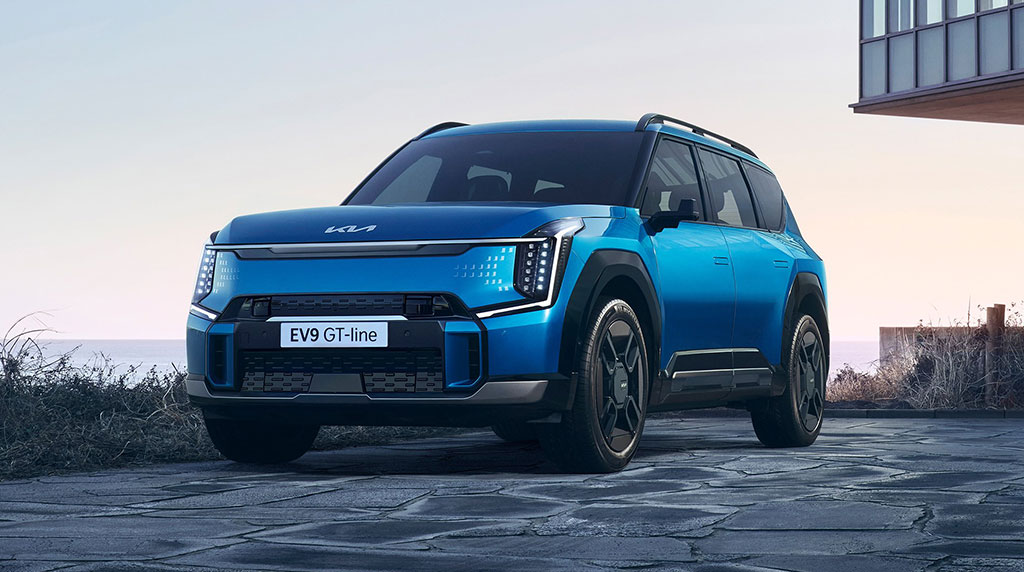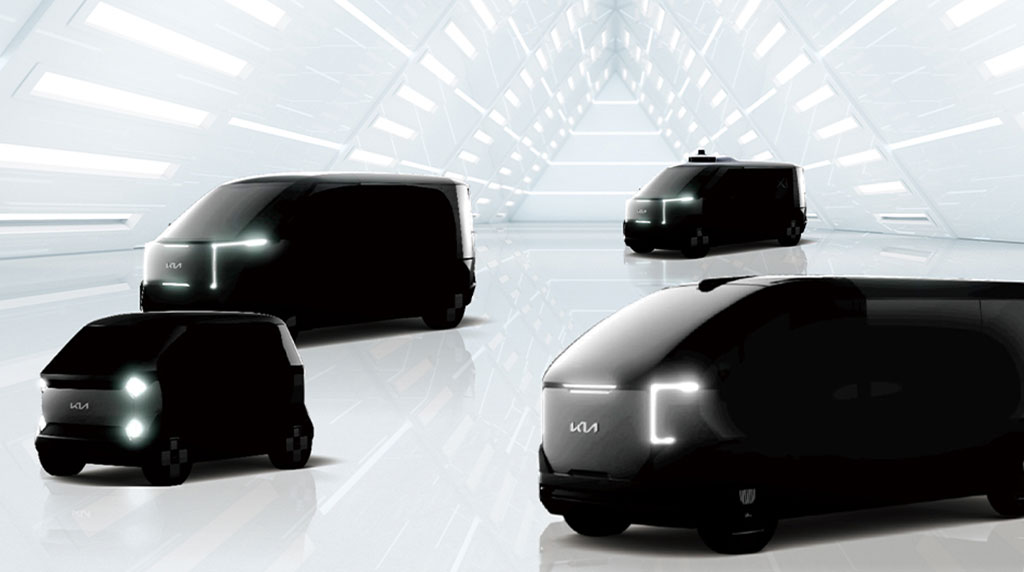It wants to increase its annual EV production in Korea to 1.51 million units by the end of this decade, equivalent to about 40 per cent of estimated global EV production of 3.64 million.
Hyundai Motor Group – which includes Hyundai Motor, Kia and Genesis brand and the parts and service arm Hyundai Mobis – said that by 2030 it expects to have 31 EV models across its suite of brands.
It said Kia will build a new factory to make electric purpose-built vehicles in Hwaseong city south of Seoul.
Kia will invest around one trillion won ($A1.13b) to secure 40,000 hectares of land, with the company planning to start mass-production in the second half of 2025.
It plans to produce 150,000 units in the first full year, with the potential to expand in line with future market conditions.
Kia expects in 2025 to launch its first vehicle, with the code name of SW, as the first in its dedicated PBV (purpose-built vehicle) line-up. SW will be a mid-sized PBV and will be based on the “eS” platform, a skateboard platform for BEVs that accepts a variety of vehicle body types.
In a statement, Kia said SW had been developed to respond to various business demands such as delivery, ride hailing, and business-to-business (B2B) transactions and includes features such as an ideal load structure and spacious indoor space to allow an adult to stand.
After launching the mid-sized SW PBV, Kia then plans to expand its product line-up to larger-sized PBVs that can be used for logistics, fresh food delivery, multi-seat shuttles, and mobile offices and stores as well as small-sized PBVs and mid-sized robotaxis applied with autonomous driving technology.
Kia is poised to release its three-row seat electric crossover, the EV9, in Korea later this year while Hyundai has just launched the Ioniq 6 and in 2024, plans to introduce the Ioniq 7.
Hyundai and Genesis have previously announced plans to introduce at least 17 battery EVs by 2030 alongside 14 from Kia. These new EVs are seen as enabling the group to reach the goal of 3.5 million annual EV sales in 2030.
The group is one of key car-makers and battery producers in Korea that are attempting to meet US president Joe Biden’s Inflation Reduction Act, which requires companies to build EVs in the US in order to be eligible for subsidies.
Hyundai, which does not have any operational factories in the US for EVs, has been lobbying US officials for changes to the bill.
But in Korea, the government has unveiled a package of support for Korea’s EV industry, including financial help and investment into car parts R&D.
The government said that South Korea wants to become an “Asia hub” for global EV production.
By Neil Dowling














 Read More: Related articles
Read More: Related articles

